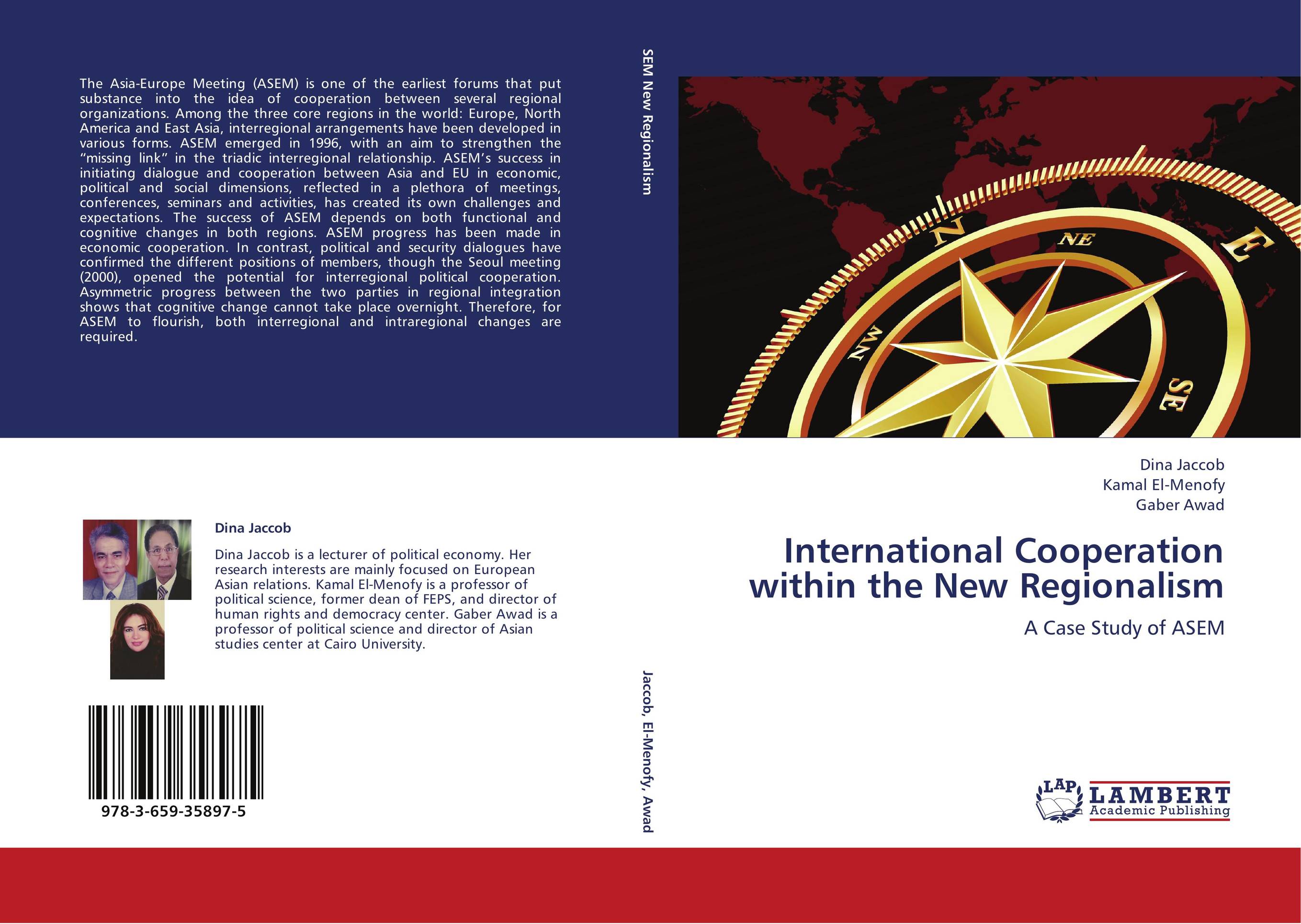| Поиск по каталогу |
|
(строгое соответствие)
|
- Профессиональная
- Научно-популярная
- Художественная
- Публицистика
- Детская
- Искусство
- Хобби, семья, дом
- Спорт
- Путеводители
- Блокноты, тетради, открытки
International Cooperation within the New Regionalism. A Case Study of ASEM

В наличии
| Местонахождение: Алматы | Состояние экземпляра: новый |

Бумажная
версия
версия
Автор: Dina Jaccob,Kamal El-Menofy and Gaber Awad
ISBN: 9783659358975
Год издания: 2013
Формат книги: 60×90/16 (145×215 мм)
Количество страниц: 228
Издательство: LAP LAMBERT Academic Publishing
Цена: 51610 тг
Положить в корзину
| Способы доставки в город Алматы * комплектация (срок до отгрузки) не более 2 рабочих дней |
| Самовывоз из города Алматы (пункты самовывоза партнёра CDEK) |
| Курьерская доставка CDEK из города Москва |
| Доставка Почтой России из города Москва |
Аннотация: The Asia-Europe Meeting (ASEM) is one of the earliest forums that put substance into the idea of cooperation between several regional organizations. Among the three core regions in the world: Europe, North America and East Asia, interregional arrangements have been developed in various forms. ASEM emerged in 1996, with an aim to strengthen the “missing link” in the triadic interregional relationship. ASEM’s success in initiating dialogue and cooperation between Asia and EU in economic, political and social dimensions, reflected in a plethora of meetings, conferences, seminars and activities, has created its own challenges and expectations. The success of ASEM depends on both functional and cognitive changes in both regions. ASEM progress has been made in economic cooperation. In contrast, political and security dialogues have confirmed the different positions of members, though the Seoul meeting (2000), opened the potential for interregional political cooperation. Asymmetric progress between the two parties in regional integration shows that cognitive change cannot take place overnight. Therefore, for ASEM to flourish, both interregional and intraregional changes are required.
Ключевые слова: Regionalism, New Regionalism, ASEM, Traditional Regionalism, Institutional Regionalism, Integration Theory.



